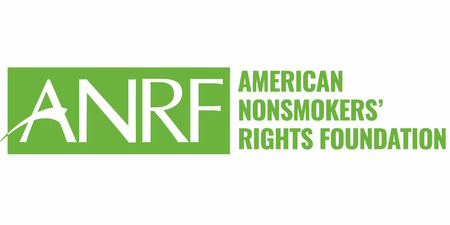Smokefree Air is a Social Justice Issue
Although any nonsmokers can find themselves exposed to secondhand smoke, several groups of people are especially at risk.
Social justice is about seeking (and achieving) equity for vulnerable and marginalized populations. Health equity is the result of actively promoting health and addressing the disadvantage in environment, location, and behaviors related to health and healthcare across different key populations. Tobacco control policies with a social justice approach recognize the social determinants of health and have the potential to remove barriers and equalize opportunities to enable marginalized people to enjoy better health, free of the consequences of tobacco addiction.
But, Big Tobacco is a formidable opponent that doesn’t want smokefree laws and policies to succeed. Such laws change social norms and not only protect nonsmokers, but also help smokers to quit. With their profits on the line, tobacco companies have taken steps to beef up their bottom lines by continuously and strategically marketing tobacco products to racial and ethnic communities.
Studies document the tobacco industry’s marketing to marginalized groups. Tobacco industry documents reveal clear outreach campaigns and marketing of tobacco products to disadvantaged populations to increase sales and addiction among African Americans, Asian Americans, Latinos, Native Americans and LGBTQ populations. The tobacco industry documents also reveal clear attempts to reach different segments of society based on factors such as age and sex.
As the smokefree movement continues to gain momentum, different populations across the country are rising up and joining together, declaring to the tobacco companies “Enough is enough! Stop targeting us!”
